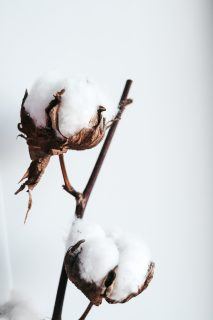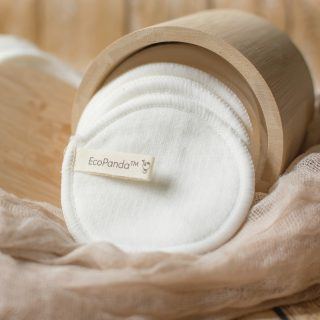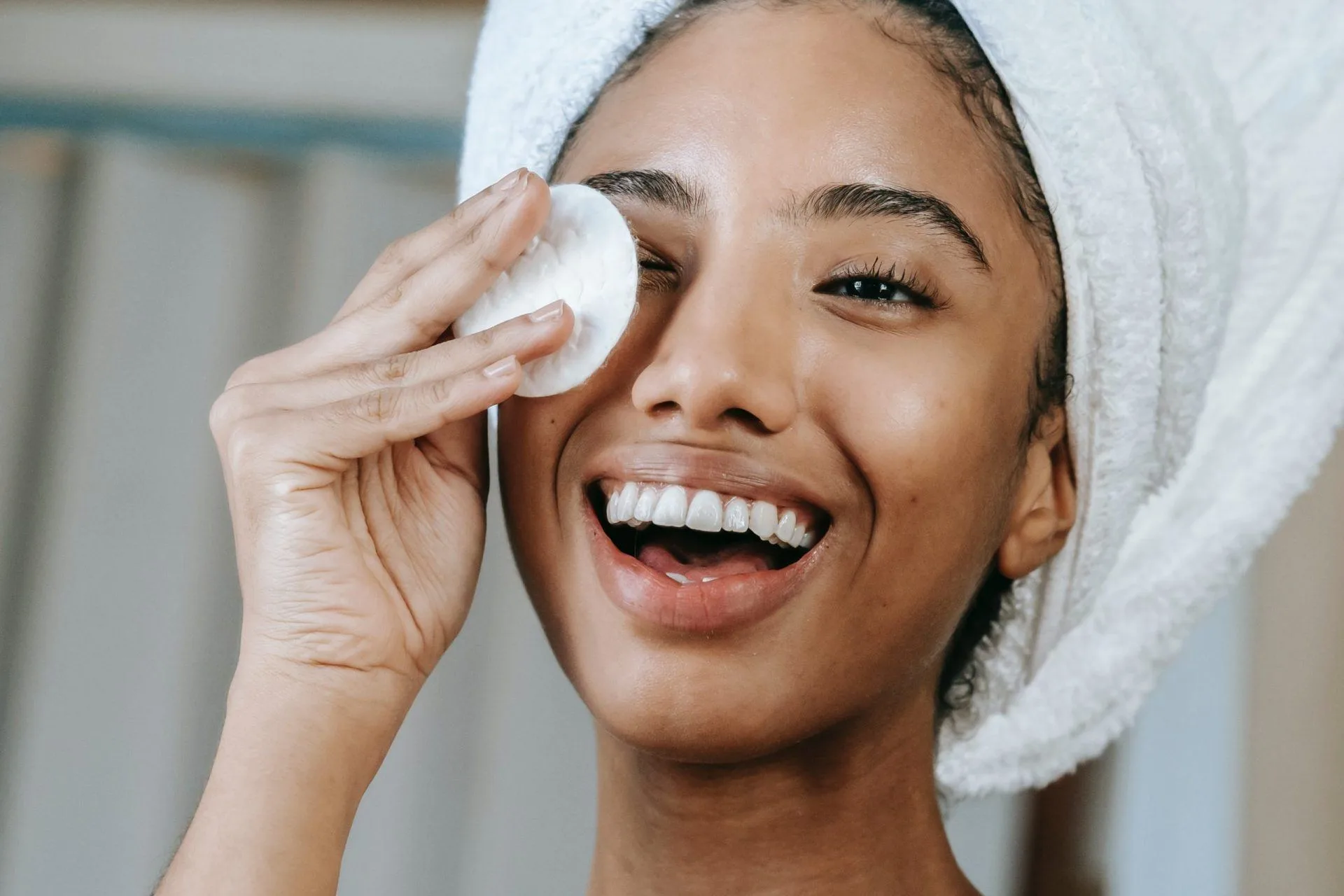When it comes to cotton, most of us only tend to think about it in terms of the t-shirts we buy or as a fabric we enjoy wearing. However, many of us fail to notice just how much of it we use in our daily lives. In fact, this isn’t only true when it comes to cotton.

Photo by Arina Shilyaeva from Pexels
Often, we use certain things based on habit alone and barely give them a second thought. Nowhere is this more true than within our beauty routines. You might not see it immediately but think about your beauty routine. Many of us use cotton pads or earbuds to remove nail polish, makeup, and even to apply certain products. And what’s worse is that these are all single-use items. We use them and then we dispose of them. And the cost to the environment is immense.
Why is cotton such an issue anyway?
Theoretically, it should be brilliant environmentally speaking. It’s got all the most important credentials. It’s a natural fiber that is also vegan and biodegradable. So what could possibly be causing such a fuss? One of the most important things to understand is that not all cotton is created equal. There are, broadly speaking, two different types: organic cotton and traditionally grown cotton. The real problem is with the traditionally grown kind and here’s why.
-
It consumes vast amounts of water:
On average, a kilogram of cotton is needed to make a basic t-shirt. The real issue is the sheer amount of water this necessitates. The amount of water needed to make just one t-shirt equates to the same amount “one person would drink over three years”.

https://www.euronews.com/green/2018/11/19/the-dark-side-of-cotton-pads
-
Growing it necessitates toxic chemicals:
It’s one of the most popular crops in the world and, thus, necessitates a lot of pesticides and insecticides to keep the crops safe. In fact, cotton crops use more insecticides and pesticides than any other crop. These insecticides and pesticides are damaging to both us and the environment. They are toxic and contribute to greenhouse gas emissions as well as polluting thousands of liters of drinkable water.
-
It degrades the soil:
Production, because it is the most popular of the crops, makes use of massive amounts of land. Large areas that were previously untouched have been converted for agricultural use and farming purposes. Cotton plants also use so much water that they can cause soil salinization. This means other plants cannot grow and flourish in those areas due to degraded soil and lack of nutrients.
Traditionally grown cotton is also not, as many of us might expect, biodegradable. Although the plant itself is, the toxic chemicals used during the growing and manufacturing processes destroy the environment during biodegradation. Another issue lies with all the dyes used on fabrics, as well as any mixing of fabrics. Whilst pure cotton will break down more easily than many other fibers, it is often combined with other fibers. These fibers are often man-made, plastic fibers such as polyester. These combined fabrics cannot be broken down in the same way and are thus often left to take up landfill space.
What can we use instead?

Photo by EcoPanda from Pexels
Okay, so your cotton makeup removal pads need to go. But what on earth do we replace them with? Luckily, in 2021, there are companies that are
passionate about sustainability that continues to innovate. Ultimately, we need to replace single-use items with reusable ones. The main thing is to look for longevity when it comes to what you buy. Jinmee founder Karen Hong told Elle that in order for your skin routine to be sustainable, single-use products have to go. And Hong isn’t all talk and no action. Jinmee is one of the biggest brands when it comes to sustainability in beauty. On offer? Hydrapuffs. These are essentially an alternative to cotton pads, but are biodegradable. They are made up of plant-based pulp and rayon.
The major issue with traditional cotton pads, other than the fact that they are single-use, is bleaching. Once again, it is the process that makes it unfriendly to the planet and causes substantial problems with regard to degradation. If you’re still stuck on using cotton pads or can’t get a hold of alternatives where you live, there is another option. You might remember that organic cotton is nowhere near as problematic for the environment as traditional cotton. If you’re looking to buy organic but aren’t sure how to know for sure that the product is organic, look for the Soil Association logo. This indicates that 70% of its ingredients are organic, meaning they are grown without the use of synthetic chemicals and harmful pesticides. There are also reusable cotton pads that are fairly easy to find and generally, inexpensive.
References
https://www.elle.com/uk/beauty/skin/a27329808/cotton-skincare-negative-effects-environment/
https://www.projectcece.co.uk/blog/8/is-cotton-bad-for-the-environment-the-no-fluff-truth/
https://www.euronews.com/green/2018/11/19/the-dark-side-of-cotton-pads



![women [longevity live]](https://longevitylive.com/wp-content/uploads/2020/01/photo-of-women-walking-down-the-street-1116984-100x100.jpg)










